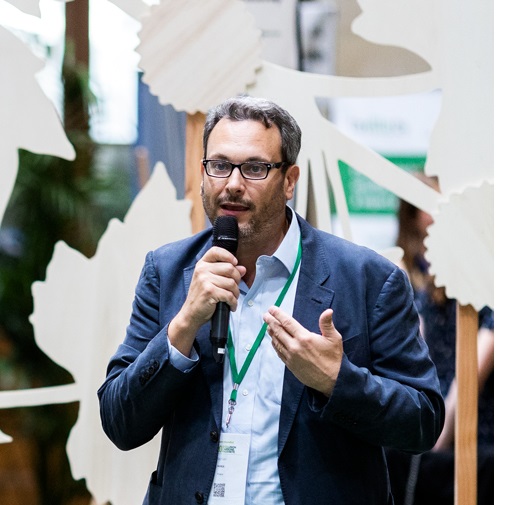The banking sector has begun a shift towards sustainable financial models. The various priority environmental and social issues must therefore guide ESG policies around the environment-social-governance triptych, but also the evolution of the activities of investment banks and retail banks alike.
The full integration of environmental and social issues into activities, and in particular into the design of products and services, now seems unavoidable. In particular, the banking sector is a driving force for an inclusive, responsible and sustainable transition. Taking into account socio-environmental and governance criteria allows a better assessment of the risks linked to portfolio assets, but supporting economic actors in their sustainable transitions through adapted financial service offers is just as essential.
the challenge
Our client, one of the top 10 largest banking institutions in the world, aimed at elaborating a prospective study of ESG issues around 5 priority themes for the retail bank (mainly individuals and companies). These themes are central, both nationally and internationally, in the client group’s commitment policy. Thus, the group wanted to put the following issues at the center of its initiatives:
- Social inclusion
- Energy transition
- Circular economy
- Biodiversity
- Sustainable finance
OUR APPROACH
Combining deep ESG expertise and working in partnership with a major consulting group bringing its own prospective methodologies, Ksapa has studied the main ESG issues, both current and emerging, over a 5-10 year horizon, based on internal and external stakeholders and a detailed market study.
In parallel, thanks to a double materiality logic, for each theme, Ksapa has :
- Defined the framework and the inherent challenges, as a “lead” on the themes of biodiversity, social inclusion and circularity & as an expert on the themes of energy transition & sustainable finance
- Identified emerging issues that will structure the market in the next 5 to 10 years
- Studied the regulatory context – depending on the geographical scale
- Assessed the interaction (impact vs. dependency) with economic activities
- Prioritized the issues
- Made proposals for the creation of innovative sustainable services
- Defined an action plan, a roadmap and opportunities for customer offers
RESULTS & NEXT STEPS
The bank institution was able to identify existing and new models on key subjects for the transition of the banking sector (social inclusion, biodiversity, etc.).
This collective reflection resulted in :
- A new identification of the risks and opportunities to be explored for the Group
- A market assessment of the selected themes as well as new proposals for commercial offers
The presentation of current and prospective issues and the validation of the proposed strategy by the Group’s general management are necessary to move on to the policy implementation and operationalization stage.


